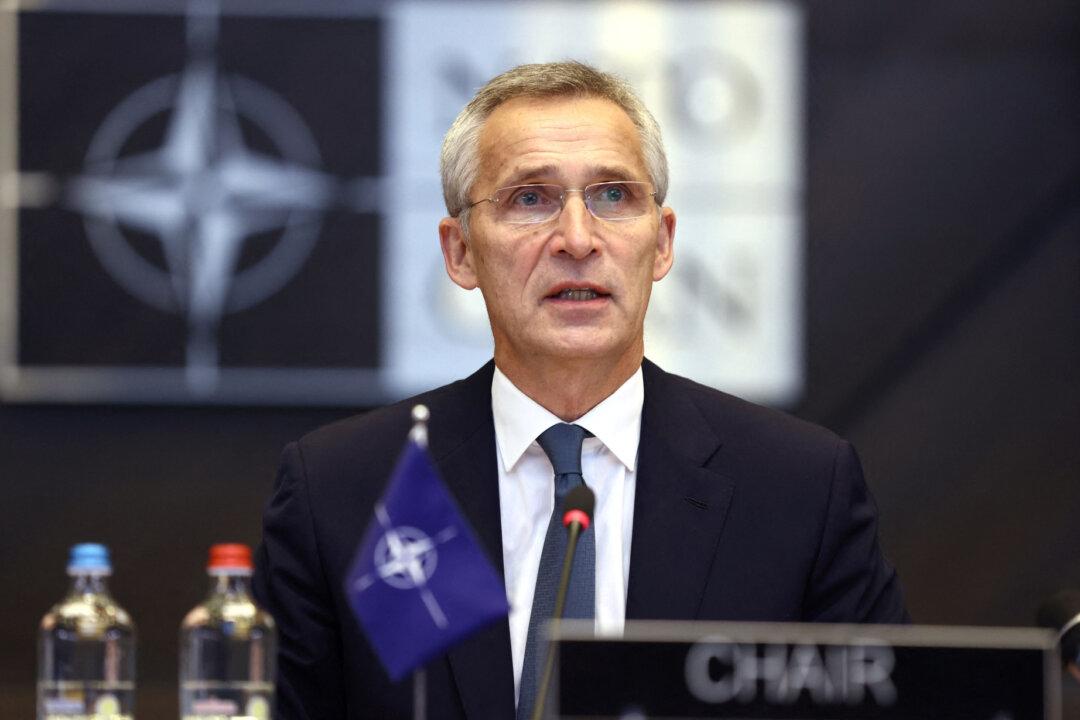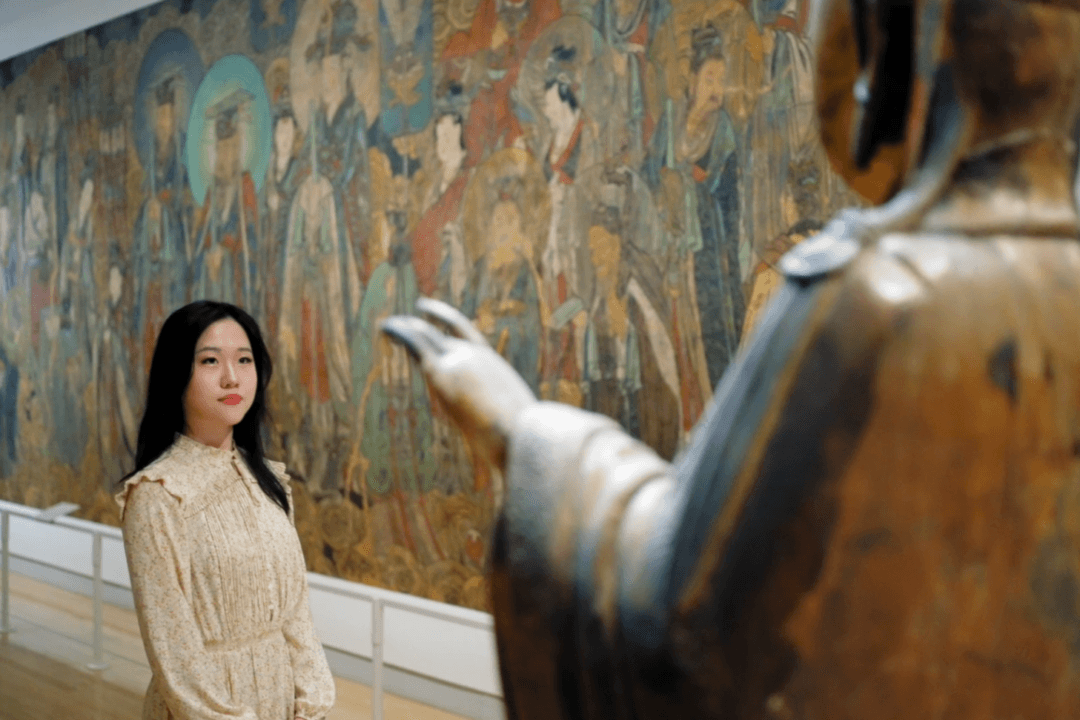NATO will concentrate on countering the Chinese communist threat as part of next decade’s new strategic approach, according to its secretary-general, as reported by The Financial Times.
This comes as the Chinese regime has become more assertive in its ambitions of global dominance, having allegedly gained the upper hand in key warfare technologies, such as long-range and hypersonic missiles.





